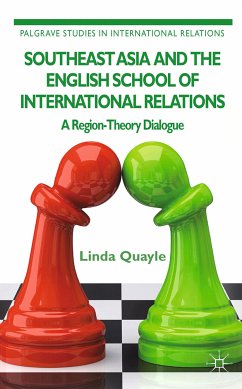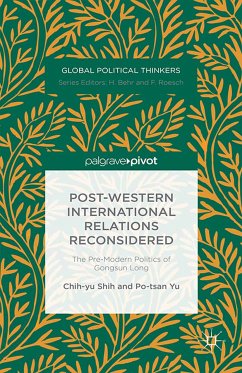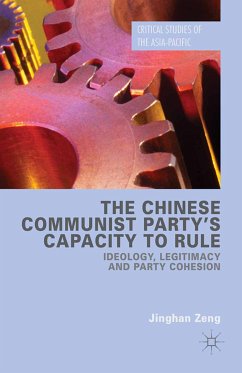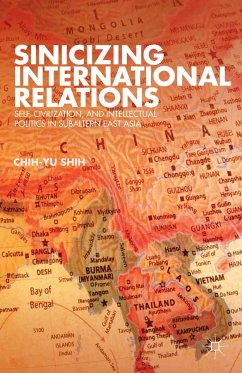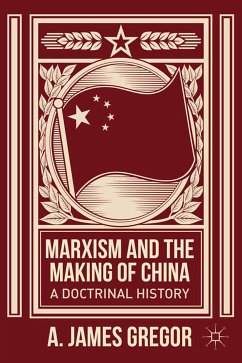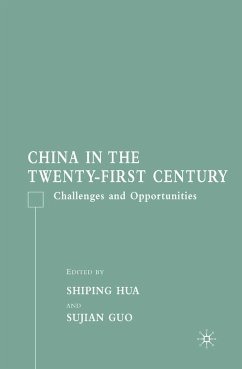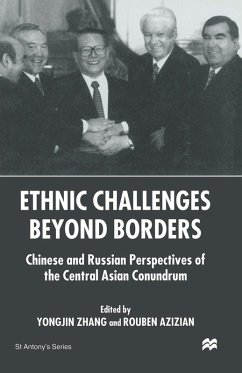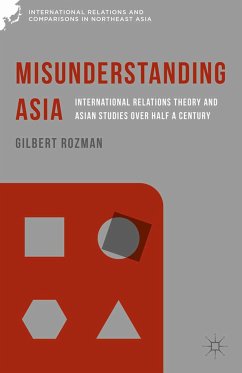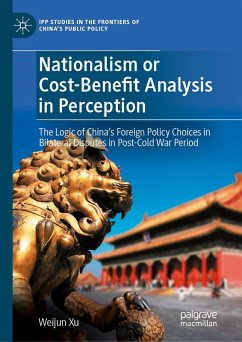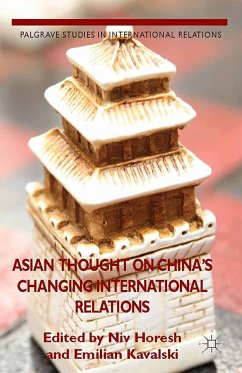
Asian Thought on China's Changing International Relations (eBook, PDF)
Versandkostenfrei!
Sofort per Download lieferbar
40,95 €
inkl. MwSt.
Weitere Ausgaben:

PAYBACK Punkte
20 °P sammeln!
At the end of the Cold War, commentators were pondering how far Western ideas would spread; today, the debate seems to be how far Chinese ideas will reach. This volume examines Chinese international relations thought and practices, identifying the extent to which China's rise has provoked fresh geo-strategic and intellectual shifts within Asia.
Dieser Download kann aus rechtlichen Gründen nur mit Rechnungsadresse in A, B, BG, CY, CZ, D, DK, EW, E, FIN, F, GR, HR, H, IRL, I, LT, L, LR, M, NL, PL, P, R, S, SLO, SK ausgeliefert werden.



